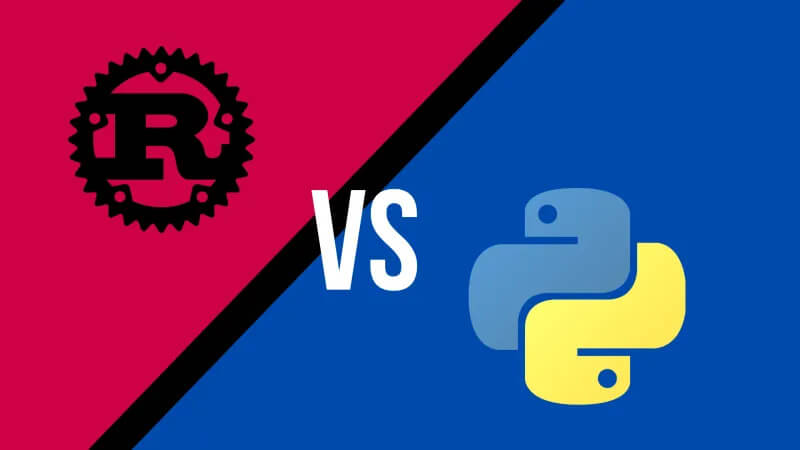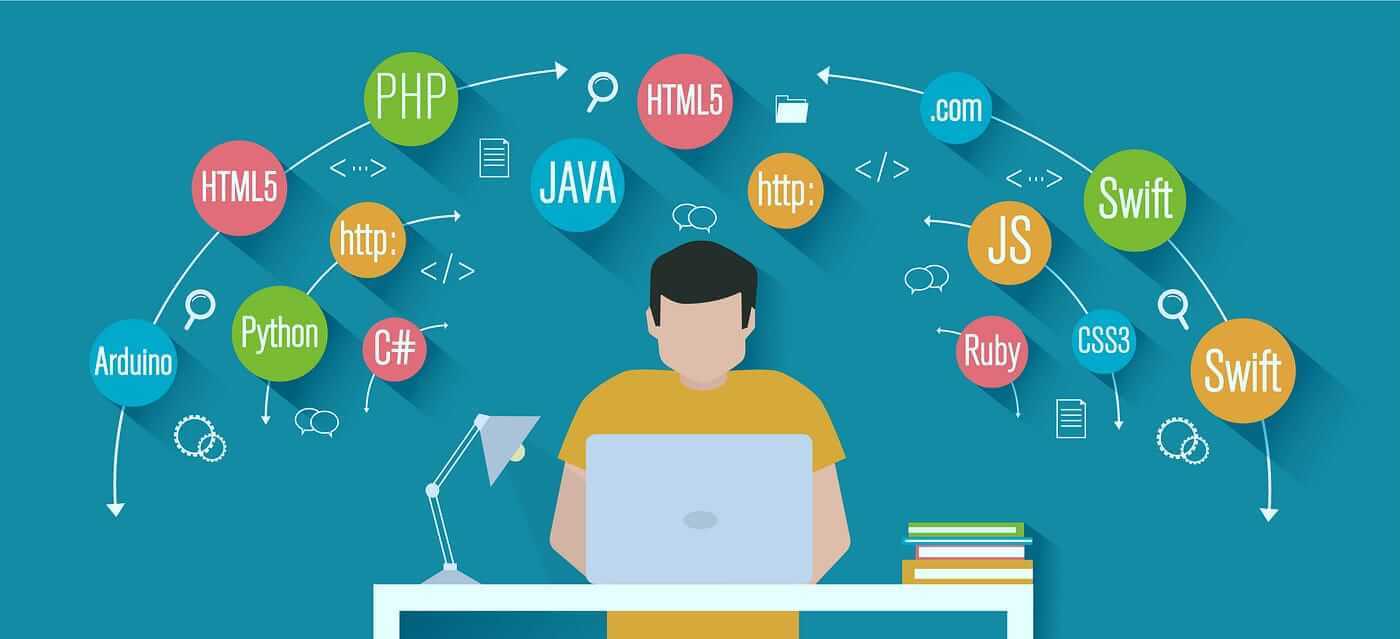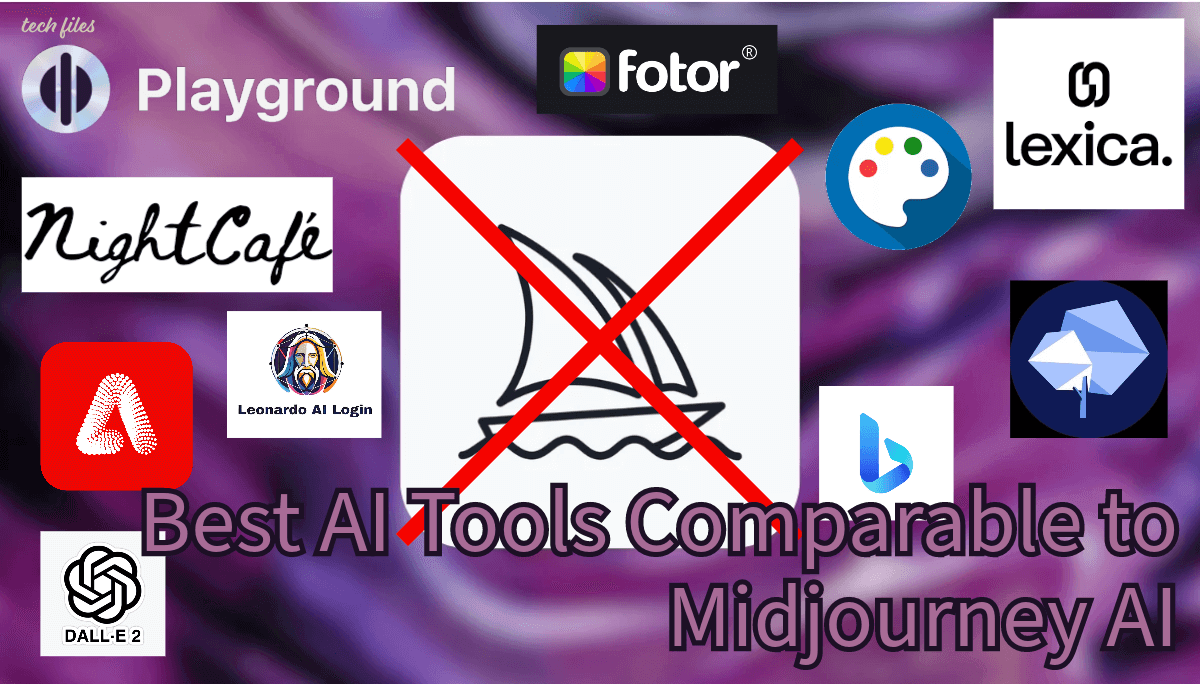Do we need to create our own programming language?

No, you don’t need to create your own programming language. There are already many existing programming languages that are well-designed and well-maintained. These languages can be used to create a wide variety of applications, from simple scripts to complex software systems.
However, there are some cases where creating your own programming language may be beneficial. For example, if you have a specific problem that you need to solve and no existing language is a good fit, then creating your own language may be the best way to go. Additionally, if you are interested in learning more about the inner workings of programming languages, then creating your own language can be a great way to gain that knowledge.
Some of the reasons why you might want to create your own programming language
- To solve a specific problem that no existing language can solve.
- To explore new ideas in programming language design.
- To learn more about how programming languages work.
- To create a language that is tailored to your own needs and preferences.
If you are considering creating your own programming language, there are a few things you should keep in mind:
- It is a lot of work. Creating a programming language is a complex and challenging task. It requires a deep understanding of computer science and programming language design.
- It takes time. It can take years to develop a fully-featured programming language.
- It is not necessary. There are already many existing programming languages that can be used to solve a wide variety of problems.
- If you are still interested in creating your own programming language, there are many resources available to help you get started. There are books, articles, and online courses that can teach you the basics of programming language design. There are also tools and frameworks that can make the development process easier.
Check out other topics Related to this:













Sharing is caring!